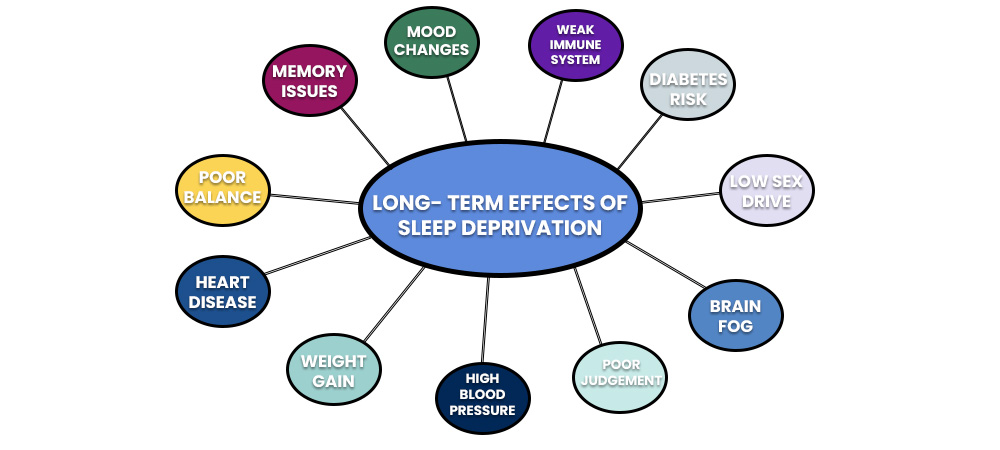March is National Sleep Awareness Month in the U.S., with World Sleep Day also being celebrated on the third Friday of the month. The world is so fast paced sometimes we forget to stop and let our bodies rest. Arguably the most overlooked aspect of our lives is sleep. Sleep is a fundamental pillar of a human’s well- being. It is essential to our mental, physical and emotional health.
The Importance of Quality Sleep
According to the National Institutes of Health, sleep is just as important as a healthy diet and exercise. When a person does not get an adequate amount of sleep, it increases the risk of many diseases and disorders. The recommended amount of sleep an adult should get per night is seven or more hours. Sleep is just as much about quality as it is quantity. You can get seven hours of sleep, but was it good sleep? Getting quality sleep will revive and restore your body to ensure it is ready for the next day. Poor sleep quality can lead to sleep disorders, fatigue and decreased brain function. There are three aspects to healthy sleep: amount of sleep you are getting, quality of that sleep and being consistent with a sleep schedule. (1)
Sleep deprivation is a global epidemic. Close to 50% of the global population suffers from a sleep disorder, and this figure has been rising in recent years. 30% of US adults sleep, on average, less than seven hours per night. 18% of Japanese consumers are satisfied with the amount of sleep the get. 49% of Australians says they are too busy to get the recommended amount of sleep each night. (2)
Physical Health Benefits
Getting the correct amount of sleep is linked to countless physical health benefits. When a person gets an adequate amount of sleep, their immune system works better, they have a healthier heart and they will have a lower chance of getting type 2 diabetes or becoming obese. But adversely, the lack of sleep can increase your risk for heart disease and stroke, amongst others.
Mental and Emotional Health Benefits
A lack of sleep can intensify conditions such as anxiety and depression. It is also known to impair judgement and decision making, and contribute to mood swings. Getting enough sleep can help alleviate some of these issues. (5)

Tips for Better Sleep: (3)
- Stick to a sleep schedule
- Exercise daily
- Go outside for at least 30 minutes
- Avoid caffeine 6-8 hours before bed
- No midafternoon naps
- Limit electronics before bed
Sensient offers many ingredients, like functional extracts, for those formulating sleep and stress products.
Sources:
1. Good sleep for good health. (2022, July 15). NIH News in Health. https://newsinhealth.nih.gov/2021/04/good-sleep-good-health
2. Source: Rakuten Insight/ Mintel, August 2021; JAMA Network Open, 2022; Sleep Health Foundation, 2019
3. Cissn, R. M. M. (2023, February 23). 17 Proven tips to Sleep Better at night. Healthline. https://www.healthline.com/nutrition/17-tips-to-sleep-better#2.-Reduce-blue-light-exposure-in-the-evening
4. Colten, H. R., & Altevogt, B. M. (2006). Extent and health consequences of chronic sleep loss and sleep disorders. Sleep Disorders and Sleep Deprivation - NCBI Bookshelf. https://www.ncbi.nlm.nih.gov/books/NBK19961/#:~:text=The%20cumulative%20effects%20of%20sleep,%2C%20heart%20attack%2C%20and%20stroke
5. Cultivating Health. (2023, June 4). Better sleep: Why it’s important for your health and tips to sleep soundly. cultivating-health. https://health.ucdavis.edu/blog/cultivating-health/better-sleep-why-its-important-for-your-health-and-tips-to-sleep-soundly/2023/03
Let's Get Started!
Requesting a consult with Sensient's excipient experts is easy and our team is glad to assist!
